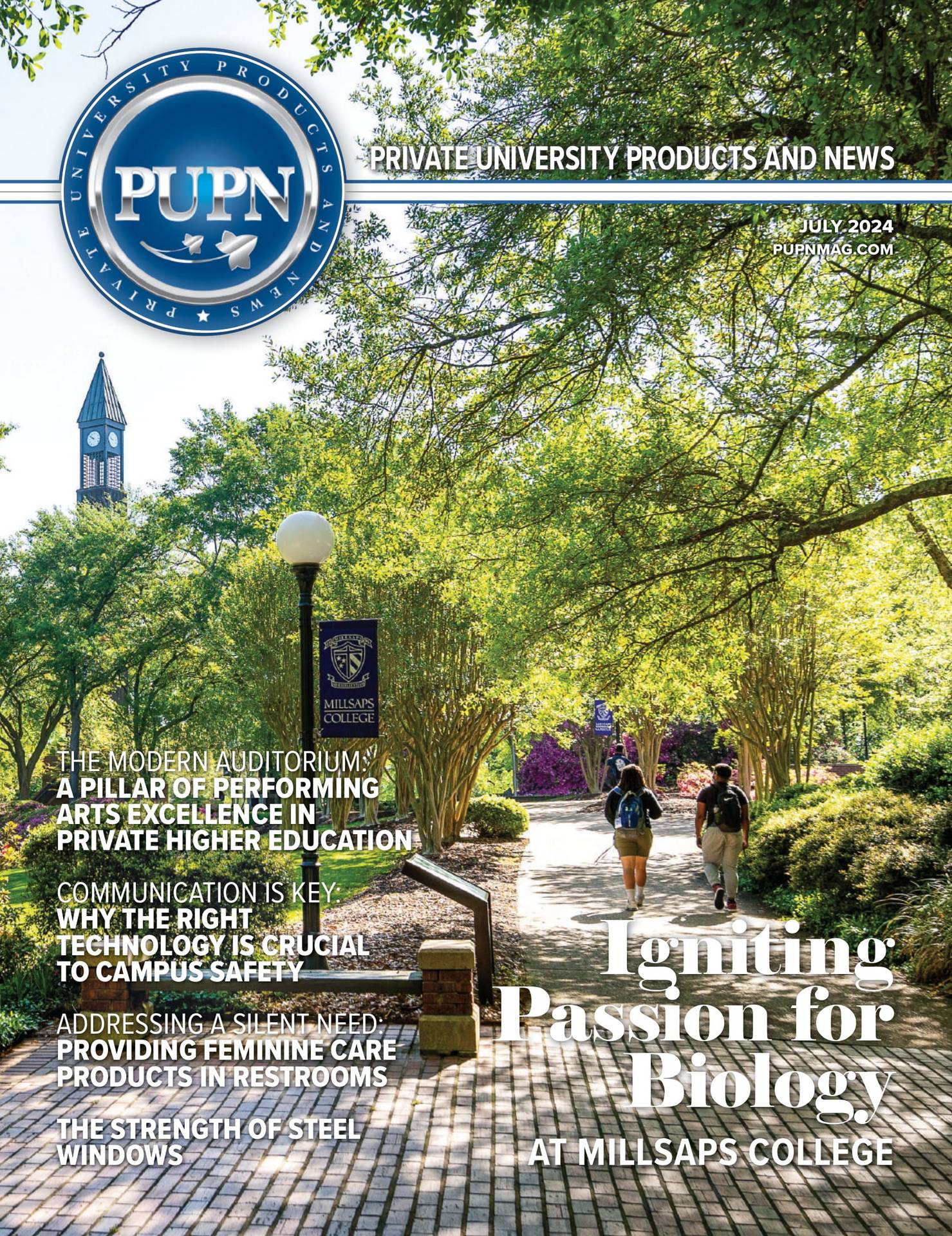Focus on Healthcare Analytics and Artificial Intelligence
Data analytics has always been important in healthcare, and artificial intelligence—when thoughtfully and ethically employed—can provide new and innovative ways to help healthcare organizations make data-driven decisions on all fronts. The main three arenas in which healthcare data can be used are operations, finances, and clinical applications. Operational analytics can help healthcare organizations improve processes, decrease lengths of stay, and manage waits, while financial analytics can predict problematic claims. Clinical analytics can go beyond improving current quality of life to predict likely health issues and reduce preventable deaths; all of the available data for all people can be compiled and compared to show individual risks and create truly personalized healthcare.
Currently, however, Parks’ research shows a lack of synergy among these three healthcare-data uses, a problem she hopes to solve. “They’re siloed, and that’s hindering care,” she says. Because each of the facets affects the others, her goal is to help healthcare organizations move to operationalization—turning abstract concepts into measurable outcomes—to create that needed synergy. In her words, such a shift will “establish the capability for organizations to create and deliver synergistic analytics and AI solutions that generate measurable outcomes aligned with organizational strategic priorities.” Parks notes that these approaches can “transform healthcare and make it more efficient, effective, and personalized.”
Parks does point out the care that researchers need to take in working with AI tools. “It is extremely important to acknowledge one of the major shortcomings of AI, which reside in its algorithms that have the potential to perpetuate pre-existing biases and reinforce existing discriminatory practices,” Parks says. “Addressing these limitations requires adherence to the tenets of responsible AI, encompassing principles like accountability, transparency, and fairness.”
Interdisciplinary Researcher
Parks’ research agenda is, by its nature, interdisciplinary. She is currently the Principal Investigator for a research team that includes a doctor, a lawyer, and a medical student; she brings her medical informatics and business analytics expertise to the mix. Because of her role in this research and others, she holds a joint appointment in Quinnipiac’s Business and Medical Schools. Angela Mattie, Professor of Management at Quinnipiac University, says that Parks “has all the ingredients to be a successful PI” who is researching AI and its implications for the operational and clinical aspects of healthcare. “She’s smart, collaborative, and interdisciplinary.” Mattie, who is the team’s healthcare lawyer and policy specialist, also holds a joint appointment in the Business and Medical Schools.
Maureen McCarthy, Executive Director of Quinnipiac’s Office of Research and Sponsored Programs, says Parks’ joint appointment is “fruitful” for the university and “beneficial” for students, and it shows the “commitment to interdisciplinarity that Quinnipiac has.” McCarthy points out how important it is for medical students to understand the business side of medicine—how patient data is collected and used, how the algorithms work, and how the systems work together. Parks also stresses the vital importance for doctors to understand the value of this data. With multiple sites for research around the globe—and multiple stakeholders affected by the outcomes—healthcare analytics and AI provide a rich opportunity for more interdisciplinary research.
Fulbright Scholar
Parks was awarded the highly competitive and prestigious Fulbright scholarship for the 2022-23 academic year; she is the fifteenth Quinnipiac professor to gain this honor. According to the U.S. Bureau of Educational and Cultural Affairs website, this “flagship international academic exchange program sponsored by the U.S. government has fostered mutual understanding between the United States and other countries since 1946.” This opportunity has kept Parks on the move—in the past six months, stops have included Morocco, Denmark, Norway, and Panama, and all of the travel has been related to her research.
Parks recently returned from a six-month research trip to study healthcare analytics and AI in Morocco. “Disease doesn’t know boundaries,” she says, explaining her interest in studying these issues in developing countries. AI tools can predict an individual’s predisposition to diseases like cancer and diabetes, so these technologies can be used to “leverage data to help humans throughout the world.” Morocco is currently in the process of digitizing its healthcare information; in learning more about that process, Parks talked with government ministers, Nobel Prize winners, healthcare leaders, and academic researchers. She says that these conversations and collaborations are “almost beyond interdisciplinary,” transcending all national borders and reaching every continent.
One of the many incredible experiences Parks had was touring a research lab in Morocco where they are working on a robot to deploy in retirement homes. If the robot finds a resident on the floor, it will communicate with the individual. Depending on the response—or lack of one—the robot will summon the appropriate help. Parks says she was not expecting this level of innovation, and she found similar “pockets of great research” in many places she visited.
Parks also had the opportunity to tour the AI Movement, which is the Moroccan International Center of Artificial Intelligence located at Mohammed VI Polytechnic University (UM6P) —home to Africa’s largest data center. She says that the president of the center gave her half a day and showed her innovations such as drones to fertilize crops. Her time at the lab was eye opening and enriched her own research by showing the breadth of uses possible for AI tools. Additionally, Parks was invited to judge a dissertation proposal for a UM6P PhD student immediately after her return to the U.S.
Though McCarthy, in her official Quinnipiac role, has supported Parks as she has applied for a variety of grants, she says that helping to prepare Parks’ Fulbright application has been the most exciting. McCarthy says that Parks is her “go to” when she sees any grant-application opportunity for healthcare analytics or business. “(She) has the background and expertise to be competitive, along with the motivation and determination” to pull the needed components together under even the most aggressive timelines, McCarthy says. “She is a delight to work with!”
Noting the “life-changing” nature of the Fulbright award, Mattie calls attention to Parks’ accomplishments as a Fulbright scholar, traveling the world and “working with interesting individuals and decision makers, as well as those at the highest levels of government in Morocco.” Mattie also notes that Parks is “just beginning to scratch the surface of paying it forward to Quinnipiac students, and the potential collaborations are endless.”
Mentor
Parks’ commitment to mentoring others in her profession extends across the Quinnipiac campus and beyond. Her thesis advisee, John Gnalian, is a third-year medical student at Quinnipiac Medical School; he is the medical student on the interdisciplinary research team at Quinnipiac Medical School. As Gnalian reports, the team has been interviewing healthcare executives, medical doctors, healthcare consultants, and government regulators to learn more about the issues and various points of tension involved in this arena. For example, when an analytics team puts together analysis reports for a healthcare organization, the organization’s management will generally prioritize finances, while the clinicians normally focus on patient care and outcomes. These diverging interests can lead the various stakeholders to interpret the exact same data from the analytics team in different ways; the same information can lead to different conclusions.
In a recent international-conference presentation of their research, Parks presented a paper in Panama on which Gnalian was lead author; the paper focused on leveraging the power of analytics and AI to better align diverging healthcare interests. Gnalian says he has always had an interest in learning more about the systems that affect patient care, and he hopes to use his research experience under Parks’ tutelage to move into healthcare leadership roles in his future career.
Parks also mentors emerging scholars from around the world as a longtime member of The PhD Project. As Blane Ruschak, President of The PhD Project (https://phdproject.org/), states, the project was founded in 1994 by a consortium of businesses as a response to the lack of diversity in the business community, particularly in leadership roles. The goal was to increase the diversity of classroom professors in order to attract more diverse students to study business. When The PhD Project was founded, there were only 294 minority tenured/tenure-track professors in all accredited business schools in the United States. By enticing people from populations that have been historically underrepresented in business schools to leave their careers in business to become professors, The PhD Project has helped to propel the number to over 1,700, with an astonishing ninety percent of program participants earning their doctoral degrees. As further proof of the success of their efforts, twelve alums of The PhD Project are now university professors.
Parks credits The PhD Project with sparking her sense of mentorship; she herself is one of the successful business professionals who joined The PhD Project, earning her doctoral degree in 2012 from Penn State University. She became very involved while in school, serving as an officer in the doctoral student committee. Ruschak says that Parks continues to stay engaged and give back, consistently participating in the ongoing mentorship of students and young professionals at annual gatherings and conferences. He talks about how inspiring she is when she talks to PhD Project students; she helps them see that they could also earn a Fulbright, as she did. She makes such achievements seem doable, helping the students imagine possibilities beyond earning their degrees. The PhD Project also provides workshops dedicated to helping participants become better teachers, researchers, and administrators, so they have the necessary grounding to move into higher level roles within the academy.
Parks credits her Fulbright experience with expanding her opportunities for mentorship. When she was invited to Norway, she says, she could see how much she could help young scholars with her expertise and connections, as well. She has now officially invited four students from around the globe into research collaborations. She says that established scholars have the duty to extend a supportive hand, particularly to underserved populations.
Mattie points out how important it is to have women in the ranks of senior faculty, particularly those like Parks who are doing “smart and interesting things.” As more women move into full professor positions in business schools, they can support one another and make needed improvements. In addition to being a “superb scholar,” Mattie says, Parks is also “an engaging and committed teacher who goes outside the confines of the classroom to bring practical” aspects of the material to her students’ attention. As Mattie points out, the more that administrators “can allow such flowers to bloom, the better for everyone.”










